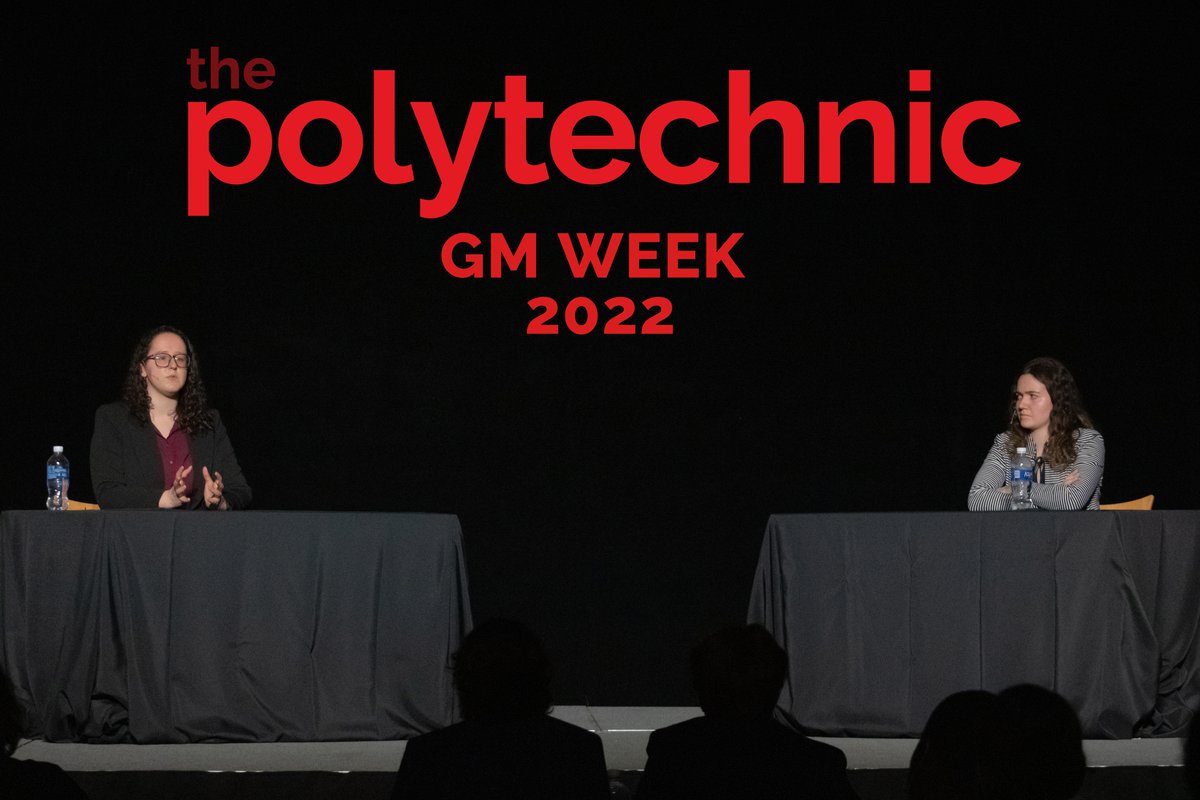Slack updates, UC budget policy motions unpassed
The Rensselaer Union Executive Board requested additional subsidies to upgrade their Slack platform, but the motion was postponed indefinitely. The Undergraduate Council proposed a bylaw amendment to their budget policy, which failed 2-15-0.
Student Government uses Slack, a proprietary messaging application marketed towards professional workplaces, to organize ideas and events. They currently use the free version of Slack, but a motion written by the Executive Board proposed additional funding to upgrade the service. Since all of Student Government shares the same Slack workspace, the proposal will affect every branch, drawing an estimated cost of $3,600 per year.
In the club request form, President of the Union Yaseen Mahmoud ’22 wrote that a paid version of Slack would introduce automation tools, allowing them to tally excused absences and track member onboarding without manual interference. The proposal would also grant more integrations—custom tools added to a Slack workspace to boost productivity—that can be used to send documents to specific channels for better organization.
During the meeting, Mahmoud further stated that the current version of Slack restricts their viewing history to the 10,000 most recent messages, yet there are 35,000 messages total in the workspace. Slack also prevents free users from accessing usage data, a feature that would allow the E-Board to identify inactive members. A paid Slack tier would allow the Board to track club classification changes and streamline club budgeting through the use of progress charts.
Graduate Representative Brian Anderson asked if Webex would be a better choice, as the app is already offered by Rensselaer. Mahmoud responded that “Nobody really enjoys using [Webex],” and noted Slack supported more app integrations than Webex.
Throughout the meeting, it was clarified that E-Board uses Slack as an archiving system. The E-Board takes advantage of Slack’s persistent messaging and search features to store files, a routine further endorsed by Class of 2024 President Ria Massoni. Massoni remarked that the Undergraduate Council uses Slack “for a lot of [their] documents and agendas.”
As an alternative, Club Representative Kriti Sharma ’25 mentioned that Google Drive, a file-sharing service, offers 100 gigabytes of storage for only $20 a year. Mahmoud replied that ownership of the current drive belongs to the president of the Union and will change hands with the leadership. Therefore, E-Board would need to create a separate Google account to host the drive. Mahmoud suggested that since Slack functions both as a messenger and file archiver, it would be easier to have a single integrated platform.
Vice President for Rules and Special Projects and graduate student Matt Zapken stated that he saw no value in paying $3,600 since the current version of Slack is not being used to its fullest potential. Likewise, Anderson remarked that only eight out of 10 app integrations were being used. Club Representative Catherine Phillips ’24 further commented that there was “no difference” between the free and paid tiers in her prior previous experiences with Slack.
During the meeting, Union Programs and Activities Committee Chair Kenzie Moore ’22 asked if E-Board members enjoyed using Slack. After a brief silence, most people said no.
The motion to postpone the proposal indefinitely passed with an overwhelming majority.
In the second motion of the night, the Undergraduate Council sought to approve new amendments to their budget policy. According to Massoni, the old policy was lengthy and hard to read; the new policy was written to improve readability and redefine outdated information.
A major change to the policy adjusted cohort membership to reflect a student’s class rather than their credit status. Massoni explained that even if a first-year had enough credits to be considered a sophomore, they would still be attending first-year events. In comparison, the existing policy would allocate the same first-year’s Student Activity Fee to the sophomore class council instead.
The section regarding the alcohol policy for class-related events was also amended. The old budget required a minimum of four sober monitors one year below the class holding the event. Since most alcoholic events are held by seniors, the class council had to find four juniors to act as monitors. Due to the Arch away semester, this proved to be difficult. The new policy scrapped this condition and proposed a minimum of one sober monitor for every ten expected participants up to fifty, after which the rule changes to one sober monitor for every fifty additional participants.
Another change removed a clause that held the Undergraduate Council responsible for class email lists. Massoni stated that councils do not have access to the lists; therefore, it should not be their responsibility to update them. However, Mahmoud responded that councils have control over the email lists and should contact the system administrators. Massoni replied that both the class deans and system administrators told them this information in the first place. The discrepancy was left unresolved as the meeting moved forward.
After deliberating, the Executive Board decided that the amended budget policy should be further amended. A call to question passed unanimously, ending the discussion, but a subsequent motion to approve the budget policy amendment failed 2-15-0 due to the adjustments. Massoni was instructed to implement the adjustments, which were not elaborated during the meeting, and create a new motion for the revised policy at a later date.
Anderson, who also serves as the business operations committee chairperson, reported that new wifi report forms are posted in the Student Union. The forms are used to report internet issues on campus and include a QR code for accessibility.
In addition, RPI has contracted a new waste hauling service in order to handle state-mandated composting, which comes into effect on January 1, 2022. The mandate requires select businesses and institutions to recycle food scraps.
The Executive Board meets Thursdays at 8 pm in the Shelnutt Gallery.

 GM Week 2022
GM Week 2022